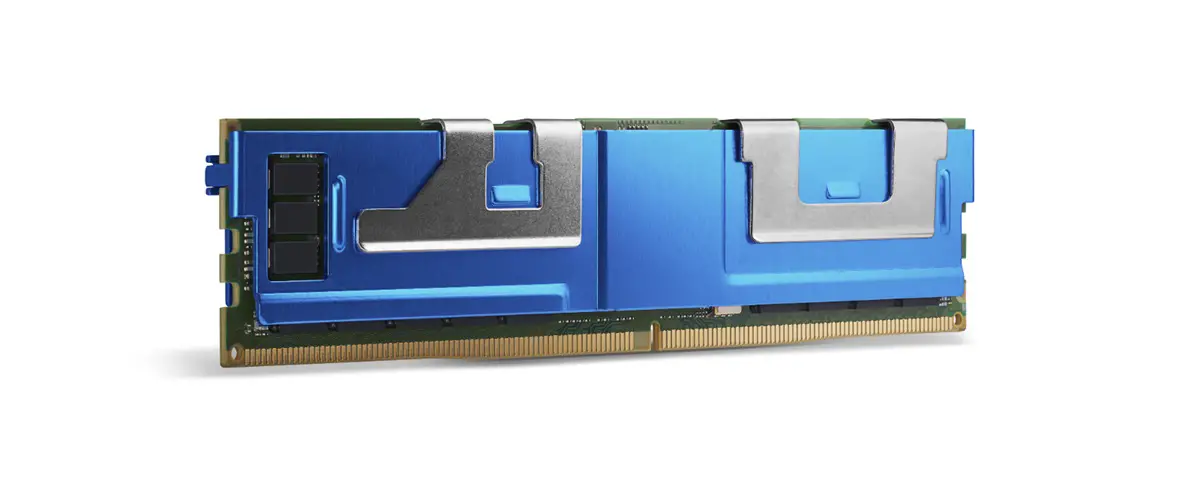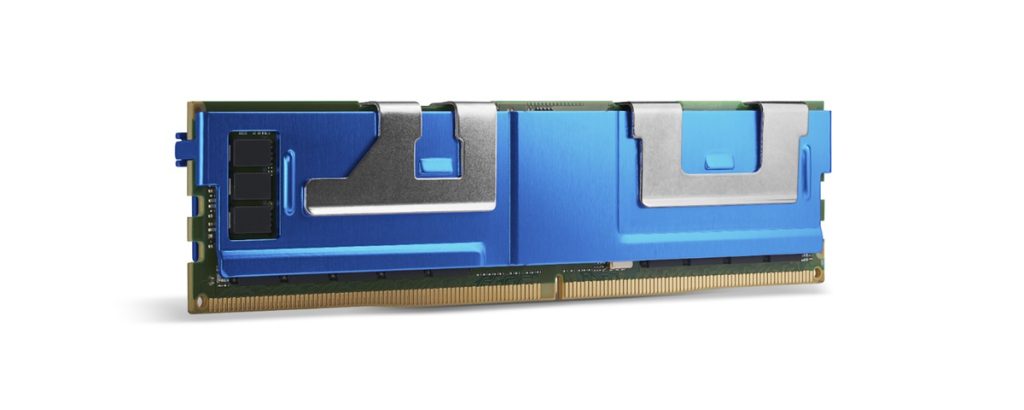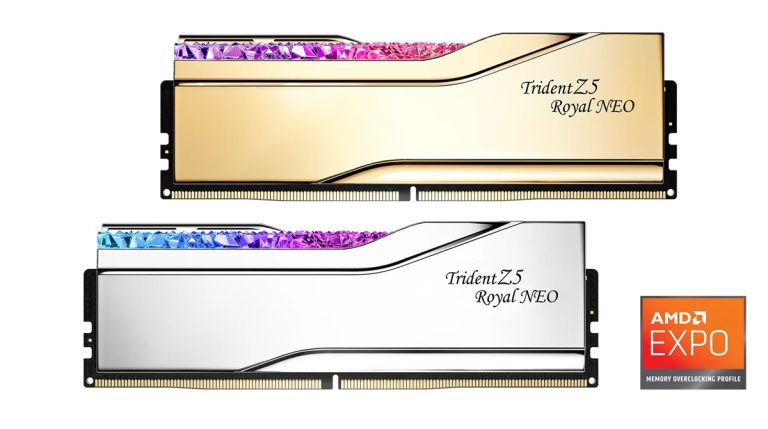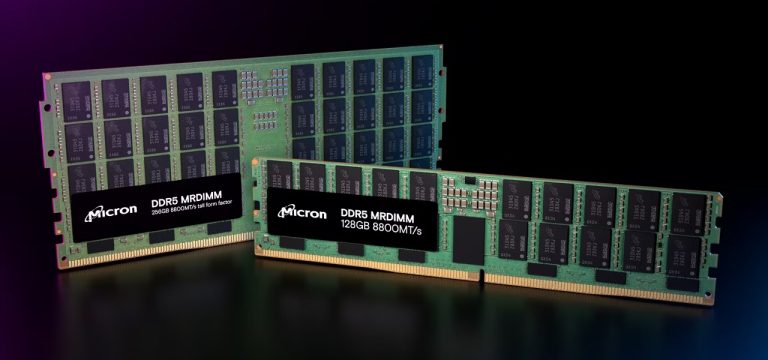
In the second-quarter earnings call of 2022, Intel confirmed the formal shutdown of its Optane business, resulting in an impairment charge of $559 million. This marks the sixth divestiture of non-core assets under Pat Gelsinger’s tenure as Intel CEO. Once considered a competitive advantage, Optane products are being phased out of Intel’s future platforms, and the development of 3D XPoint memory chips ceased earlier.

According to TomsHardware, Intel announced last week that the Optane Persistent Memory 200 series has entered the end-of-life phase, including 128GB, 256GB, and 512GB memory modules. Customers can place orders until December 31, 2024, with final shipments scheduled for December 31, 2025.
The Optane Persistent Memory 200 series was designed to be used with Intel’s third-generation Xeon scalable processors (Ice Lake), providing a cost-effective way to expand memory capacity. These memory modules could be used in conjunction with conventional DDR4 memory.
However, the Optane Persistent Memory 200 series is not the last product based on 3D XPoint memory chips. Intel also released the Optane Persistent Memory 300 series in the first quarter of 2023, designed to work with the fourth-generation Xeon scalable processors (Sapphire Rapids). Given the long lifecycle of server platforms, the Optane Persistent Memory 300 series is expected to remain in use for at least another two years.
Starting with the fifth-generation Xeon scalable processors, codenamed “Emerald Rapids,” and subsequent products, Intel will discontinue support for Optane products in favor of CXL 2.0 memory expansion modules. It remains uncertain how long Intel will continue to supply Optane products to customers. Previously, the shipment deadline for the Optane Persistent Memory 100 series was extended by a quarter due to increased customer demand.


